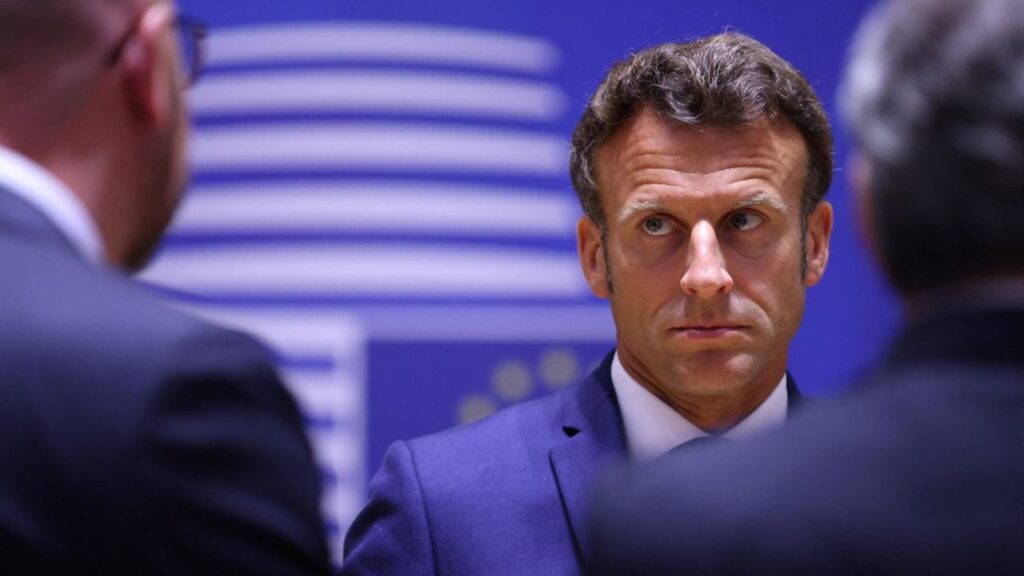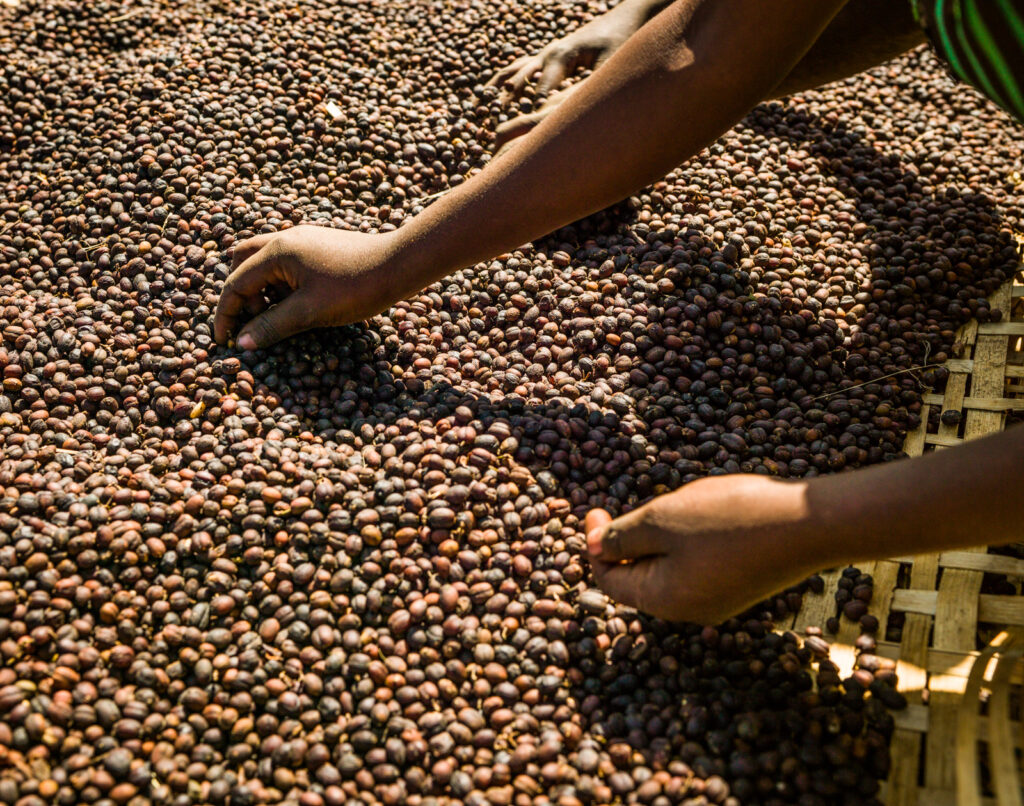In a historic move for Somalia, President Hassan Sheikh Mohamud officially launched the “New Mogadishu” development initiative on Thursday, aiming to transform the capital’s economic landscape. The initiative includes the construction of a modern airport, a new port, and an economic zone designed to drive growth and attract investment. During the launch, President Mohamud praised the resilience of Somalia’s business community, highlighting their role in providing essential services despite challenging circumstances. “Somali businessmen have proven their commitment to the nation’s progress,” he said. The initiative is also expected to create thousands of jobs, with Mohamud emphasizing that it’s not just about infrastructure, but about creating opportunities for the youth and uplifting local communities. “This project marks a significant milestone for Somalia as we work to revitalize the capital and build investor confidence, paving the way for a brighter economic future,” Mohamud added. Fardowsa Osman Egal, Somalia’s Minister of Transport and Aviation, spoke about the new airport’s importance, noting that it would alleviate the limitations of the current Mogadishu airport. “This new international airport will help increase international flights, supporting the creation of a financial zone to attract both local and international investors.” Valued at around $650 million, the New Mogadishu project is poised to significantly boost Somalia’s economy. On behalf of the business community, Mohamud Abdikarim Gabeyre, chairman of the Somali Chamber of Commerce and Industry, welcomed the project, expressing hope that local businesses would benefit from the new investment. In addition to the New Mogadishu initiative, President Mohamud also inaugurated the $400 million Gateway Complex project on Wednesday. This ambitious development includes Somalia’s first five-star hotel, an international convention center, a modern hospital, premium hotel apartments, and a shopping complex, aiming to transform Mogadishu’s skyline. Despite ongoing security challenges, including threats from the al-Shabab terrorist group, the launch of these projects marks a major step toward rebuilding Somalia’s infrastructure and economy.










